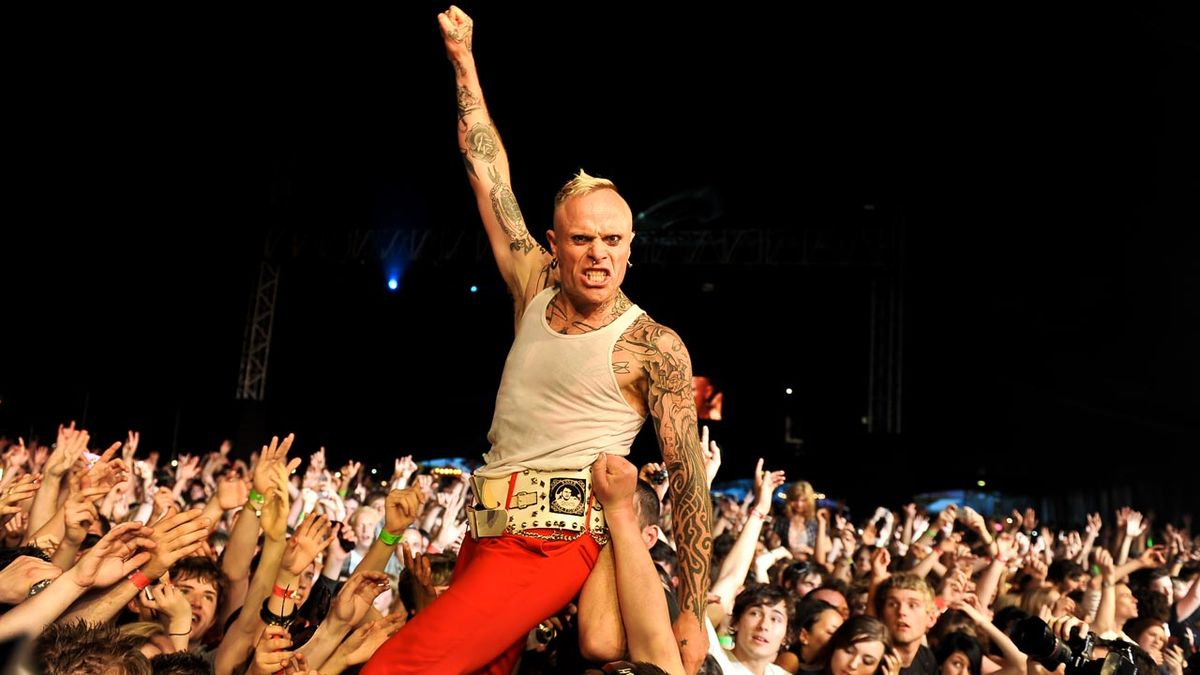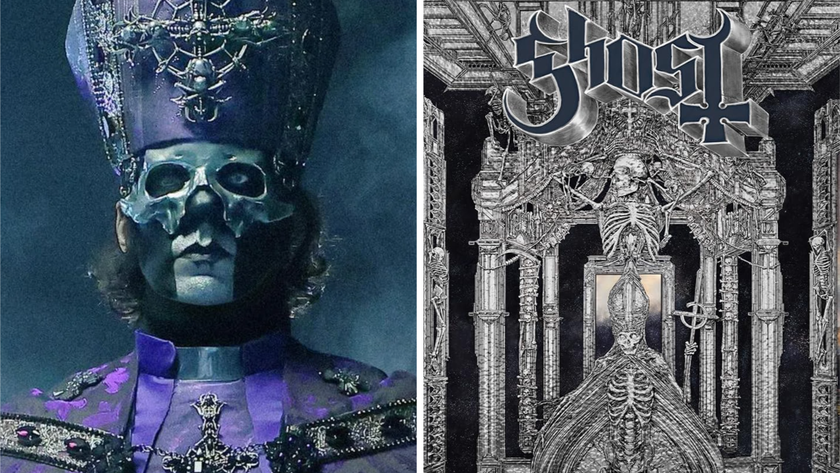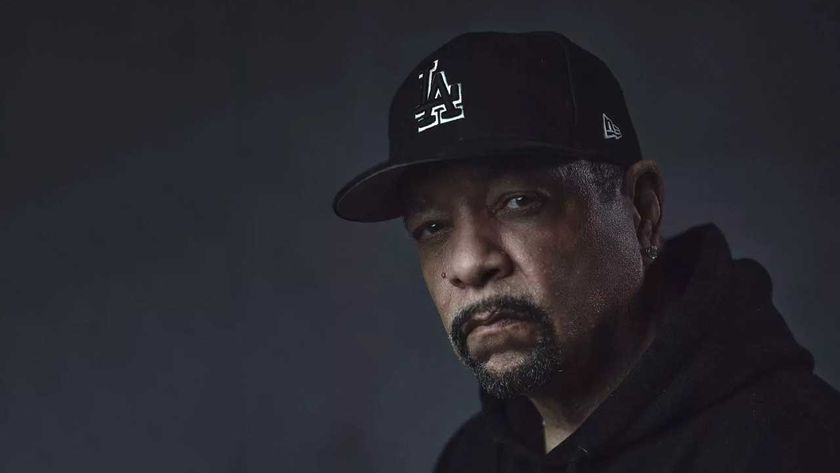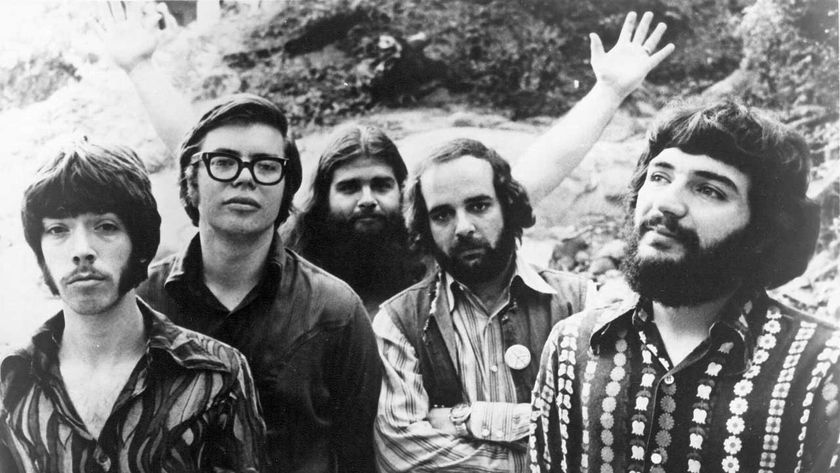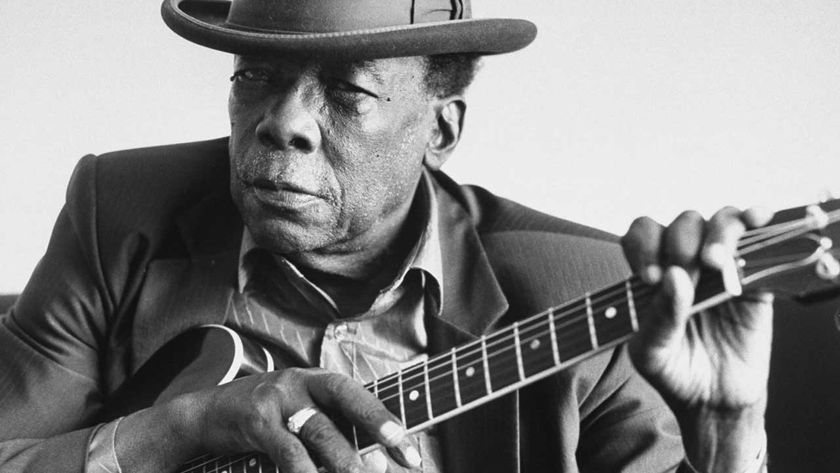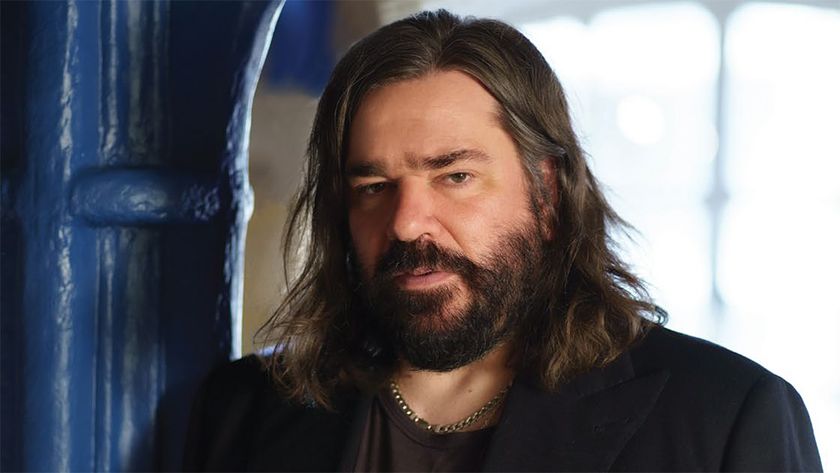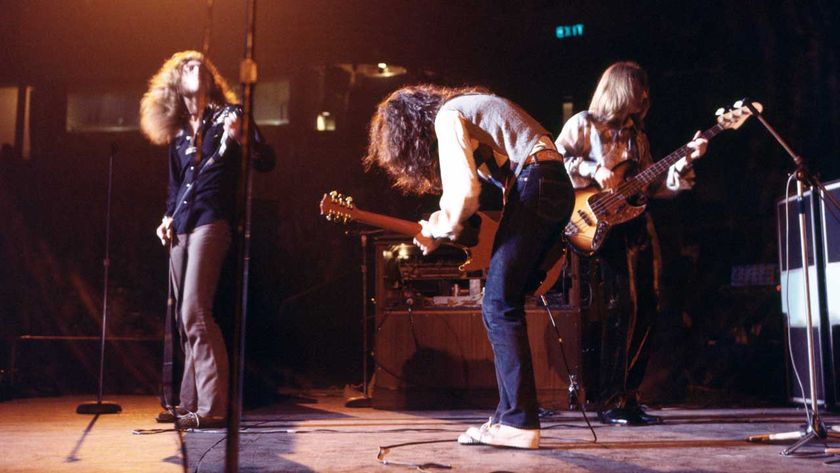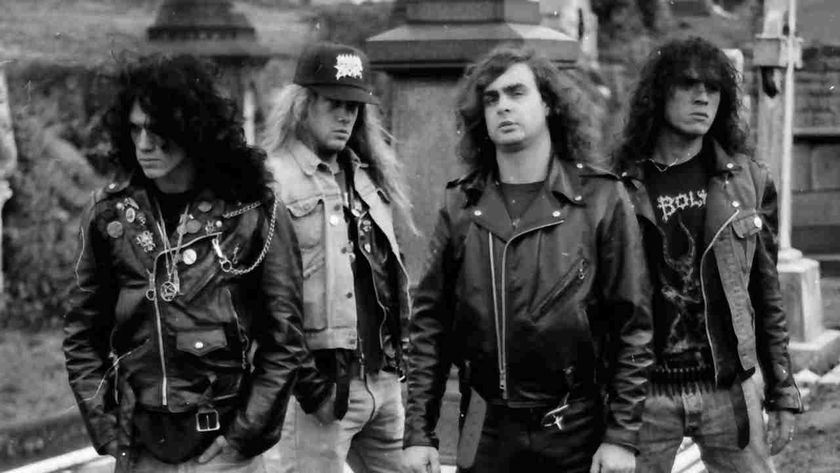I DJ’d a rock night on Saturday evening. It was a night loosely aimed at nostalgic 30-something rock and metal fans like myself – those who firmly believe that the 90s and early noughties was a golden period for alternative music.
Over the course of a few hours we dropped classic tracks by everyone from Limp Bizkit to Korn to System Of A Down to Slipknot. Pits were started. There was even a crowdsurfer or two.
And yet, the track that caused the most bedlam that evening, the song that created so much pandemonium that we had to get bouncers in to protect the DJ booth from flailing limbs and thrown pints, wasn’t a metal song. As a matter of fact, it wasn’t even a song with guitars in. It was a Prodigy song.
And that pretty much sums up what makes The Prodigy one of music’s great equalisers. It doesn’t matter if you’re a 40 year old metalhead, a 25 year old raver, a teenage grime fanatic or someone who simply plucks a few random songs to stick in a playlist on Spotify every couple of weeks. You hear The Prodigy, you want to lose your shit. It’s as simple as that.
For almost thirty years, Essex’s finest have united tribes from almost every part of music’s vast spectrum – specifically those who like their music fast, heavy and urgent. Prodigy albums have soundtracked three generations’ worth of lairy house parties and warehouse raves. Their gigs have become legendary.
And yet, despite their status, they still make a 10,000-capacity arena spectacle feel like a punk rock show. And so much of that is down to Keith Flint, whose death was announced earlier today.
By the time The Prodigy unleashed their mainstream-smashing magnus opus, 1997’s The Fat Of The Land, Keith was already well bedded in with The Prodigy, fronting the band as one of its dancers to bring producer Liam Howlett’s psychotic, big-beat creations to life on stage. It was with The Fat Of The Land, however – and specifically lead single Firestarter – that Keith would establish himself as one of the 90s’ most iconic personalities.
In an era where Pantera were getting number one albums in the States and Marilyn Manson was terrorising Conservative America, the black and white video of a sneering, spitting, spiky-haired, makeup-splattered Keith haunting an abandoned London underground tunnel provided one of the decade’s most startling and subversive images.
The song was heavy enough to merit attention from music’s more alternative quarters. The video helped consolidate it as a culture-crossing classic.
Live, though, was where Keith Flint was always truly in his element. Be it in a pub, at Brixton Academy or headlining a festival, the man was a blur of punk rock attitude and heavy metal energy, a closed fist forever ready to strike. When he wasn’t dancing, headbanging or throwing himself into crowds, he’d be stalking the stage like an angry pitbull.
He helped make The Prodigy one of the greatest live bands of all time, and he seemed to love every second of it. His presence – along with that of fellow longtime frontman Maxim – helped to get The Prodigy accepted by metal fans as our band as much as anyone’s – so much so that they were invited to headline UK rock mecca Download in 2012.
I got to interview Keith for Metal Hammer ahead of the festival to ask him how he felt about headlining a stage usually reserved for the likes of Metallica and Slipknot. Was he intimidated by such a challenge? Was he fuck.
“Mate, this is what we do,” he replied simply. “We’re going to rip the fucking guts out of that place.” And if you saw Keith Flint with The Prodigy on that or any other night, you know that’s exactly what they did.
